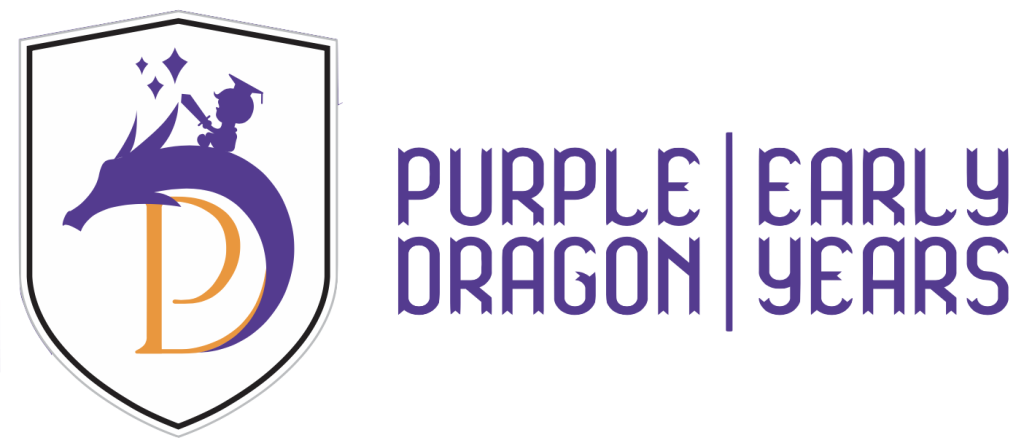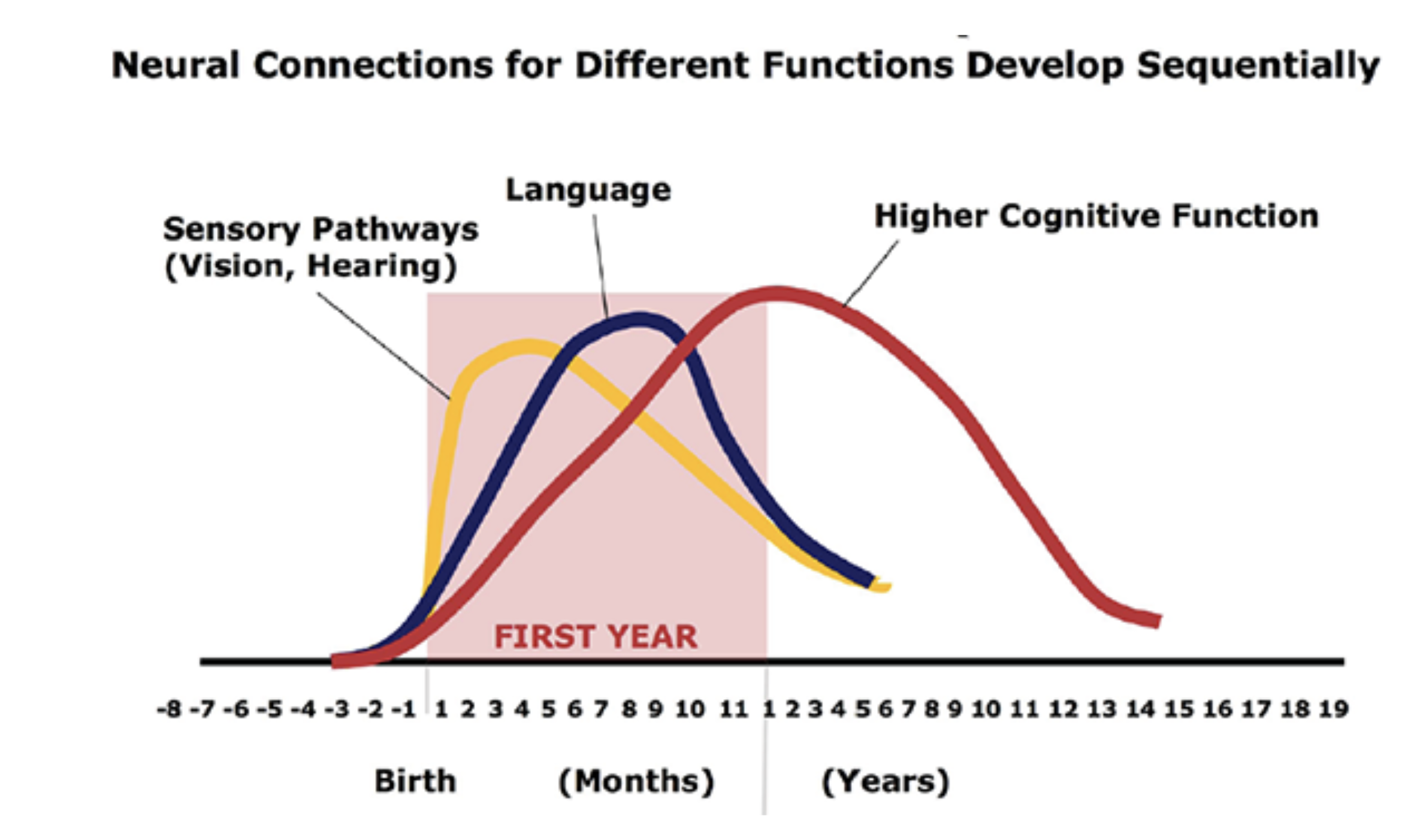- Child development is a highly interactive process, life outcomes are not determined solely by genetics. What the Harvard centre calls “Serve and return” is an interaction between child and carer, be it parent or teacher, such that expressions or questions are responded to with vocal, facial and physical gestures. Children who do not receive sufficient such experiences that are reliable and appropriate may realise a brain architecture formation that is “not as expected”, according to Harvard studies. It is important that all children receive the necessary time and engagement from adults with whom they have a strong and secure relationship, whether in the family, school or wider community.
- The brain is at its most flexible in early years, able to accommodate a wide range of environments and interactions but as it matures pathways go through a process known as pruning whereby unused pathways wither and those more frequently used strengthen. Babies achieve specialism in their family language within the first year and find it increasingly difficult to recognise the sounds of other languages as time passes. Basically, the earlier we start with core skills like language and social interactions the better. But around age 1 the higher cognitive functions are reaching their peak too so starting simple counting and maths foundational learning early also enhances the ability to learn these vital skills later in life.
- The brain is a highly interrelated organ with multiple areas working and interacting together simultaneously. Emotional wellbeing and social competence provide a strong basis for learning. The emotional and physical health, social skills and cognitive linguistic capacities that emerge in Early Years are important prerequisites for success in school and later life. The opposite is a major obstacle to learning and vital social adjustment. In addition, on average, it takes approximately 400 repetitions to learning something new, unless the learning takes place via play in which case it only takes 10-20 repetitions!
- Toxic stress damages developing brain architecture, which can lead to lifelong problems in learning, behaviour and physical & mental health. Toxic stress materialises from unrelenting extreme poverty, abuse, or neglect. At Purple Dragon our staff are trained to treat all children with respect and care, to establish safe and supportive relationships and to NEVER use physical punishment under any circumstances, nor harsh or abusive language. Creating such caring and safe bonds is crucial for child development and early years teaching.

